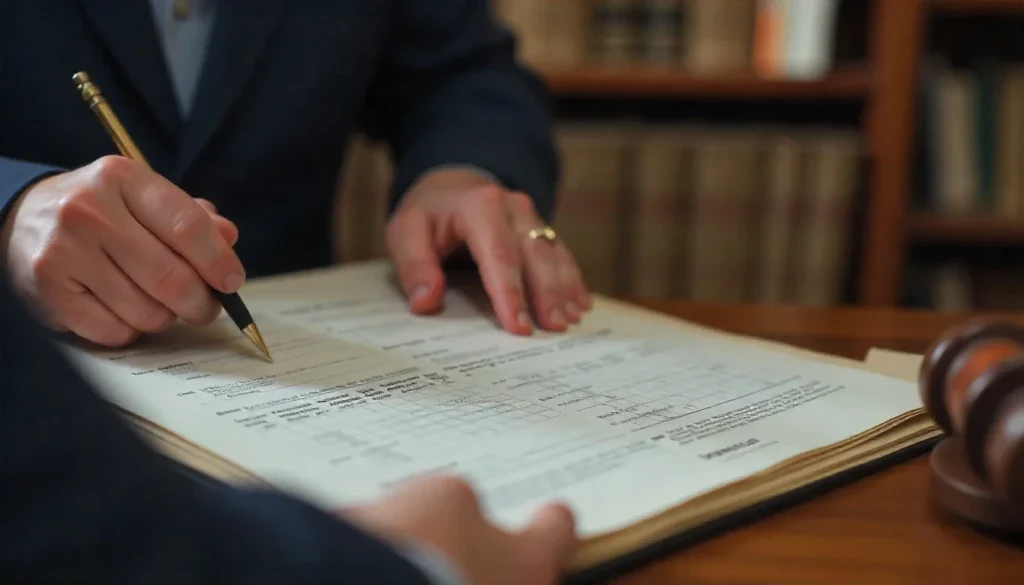Why the Far North Coast Is a Property Hotspot
The Far North Coast of New South Wales—stretching from Byron Bay to Tweed Heads and inland to Lismore—is one of Australia’s most desirable regions for property buyers. With stunning beaches, lush hinterlands, and a laid-back lifestyle, it attracts everyone from retirees and investors to first-home buyers and sea-changers.
But buying property here isn’t just about location—it’s about making informed decisions. Whether you’re purchasing a home, investment property, or vacant land, understanding the legal, environmental, and financial landscape is critical.
This guide covers everything you need to know before buying property in the Far North Coast, including conveyancing tips, zoning laws, flood risks, and how to avoid costly mistakes.
1. Understand the Local Property Market

Before diving into listings, research the Far North Coast real estate market. Prices vary significantly between coastal towns like Ballina and Byron Bay and inland areas like Casino or Kyogle.
Key Trends:
- High demand for coastal homes drives up prices in Byron Bay and Lennox Head.
- Affordable land is more available inland, especially around Lismore and Murwillumbah.
- Rental yields are strong in university towns like Lismore and lifestyle hubs like Mullumbimby.
Tip: Use local property reports and consult with a Far North Coast conveyancer to understand market dynamics.
2. Get Your Finances in Order
Before making an offer, ensure your finances are ready:
- Get pre-approval from your lender
- Factor in stamp duty, legal fees, and conveyancing costs
- Consider building and pest inspection fees
- Budget for council rates, insurance, and ongoing maintenance
3. Choose the Right Property Type
Are you buying:
- A house for your family?
- A unit or apartment for investment?
- Vacant land to build your dream home?
Each comes with different legal and practical considerations. For example:
- Strata properties require reviewing body corporate rules and levies.
- Vacant land needs zoning checks and development approvals.
️ 4. Check Zoning and Land Use Regulations
Zoning laws in NSW determine how land can be used—residential, commercial, agricultural, or mixed-use. In the Far North Coast, zoning can vary dramatically between coastal and rural areas.
Common Zoning Types:
- R1 – General Residential
- RU1 – Primary Production
- E2 – Environmental Conservation
5. Assess Environmental Risks (Flood, Fire, Erosion)
The Far North Coast is known for its natural beauty—but also for environmental risks.
Key Checks:
- Flood zones: Use council flood maps and request a flood certificate.
- Bushfire-prone land: Check the NSW Rural Fire Service maps.
- Coastal erosion: Especially relevant for beachfront properties.
Tip: Your conveyancer can help identify risks and recommend insurance options.
️ 6. Conduct a Thorough Property Inspection
Never skip a building and pest inspection. These reports reveal hidden issues like:
- Structural damage
- Termite infestations
- Plumbing or electrical faults
- Roof leaks
Tip: Choose a licensed inspector familiar with Far North Coast conditions.
7. Verify Legal Documents and Title
Your conveyancer will help you review:
- Contract of Sale
- Title search (to confirm ownership and encumbrances)
- Easements and covenants
- Strata reports (if applicable)
- Council approvals for renovations or extensions
Tip: Ensure the seller has legal authority to sell and that the property is free from disputes.
⚖️ 8. Engage a Local Conveyancer Early
Conveyancing is the legal process of transferring property ownership. A Far North Coast conveyancer ensures:
- Your contract is fair and legally sound
- All searches and certificates are obtained
- Settlement is smooth and timely
- You’re protected from hidden liabilities
Tip: Choose a conveyancer who knows local councils, zoning laws, and environmental risks.
️ 9. Understand the Timeline
Here’s a typical property purchase timeline in NSW:
| Step | Timeframe |
|---|---|
| Pre-approval | 1–2 weeks |
| Property search | Varies |
| Offer accepted | Immediate |
| Contract exchange | 1–2 weeks |
| Cooling-off period | 5 business days |
| Settlement | 4–6 weeks after exchange |
10. Avoid Common Mistakes
Mistakes to Watch For:
- Not reading the contract thoroughly
- Ignoring zoning and flood risks
- Skipping inspections
- Choosing a conveyancer too late
- Underestimating costs
Local Councils to Know
Depending on where you buy, you’ll deal with one of these councils:
- Ballina Shire Council
- Byron Shire Council
- Lismore City Council
- Tweed Shire Council
- Kyogle Council
Each has its own planning rules, fees, and development guidelines.
Bonus Tips for First-Time Buyers
- Use the First Home Buyer Assistance Scheme to reduce stamp duty
- Consider regional grants and incentives
- Attend local property expos or council info sessions
- Ask your conveyancer about off-market opportunities
Final Thoughts – Buy Smart, Buy Local
Buying property in the Far North Coast is a dream for many—and with the right preparation, it can be a smooth and rewarding experience. From understanding zoning laws to choosing the right conveyancer, every step matters.
At Lyon Legal Services, we help buyers navigate the legal landscape with confidence. Our Far North Coast conveyancing team is here to protect your interests, explain the fine print, and ensure your property purchase is legally sound.
Book a Free Conveyancing Consultation


















